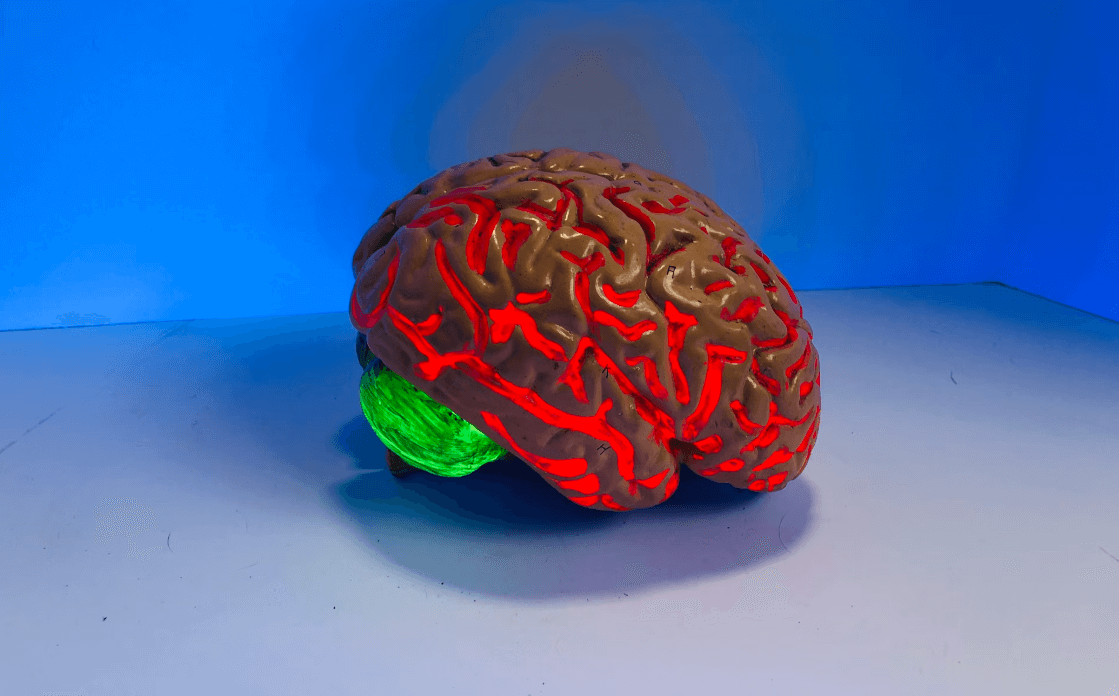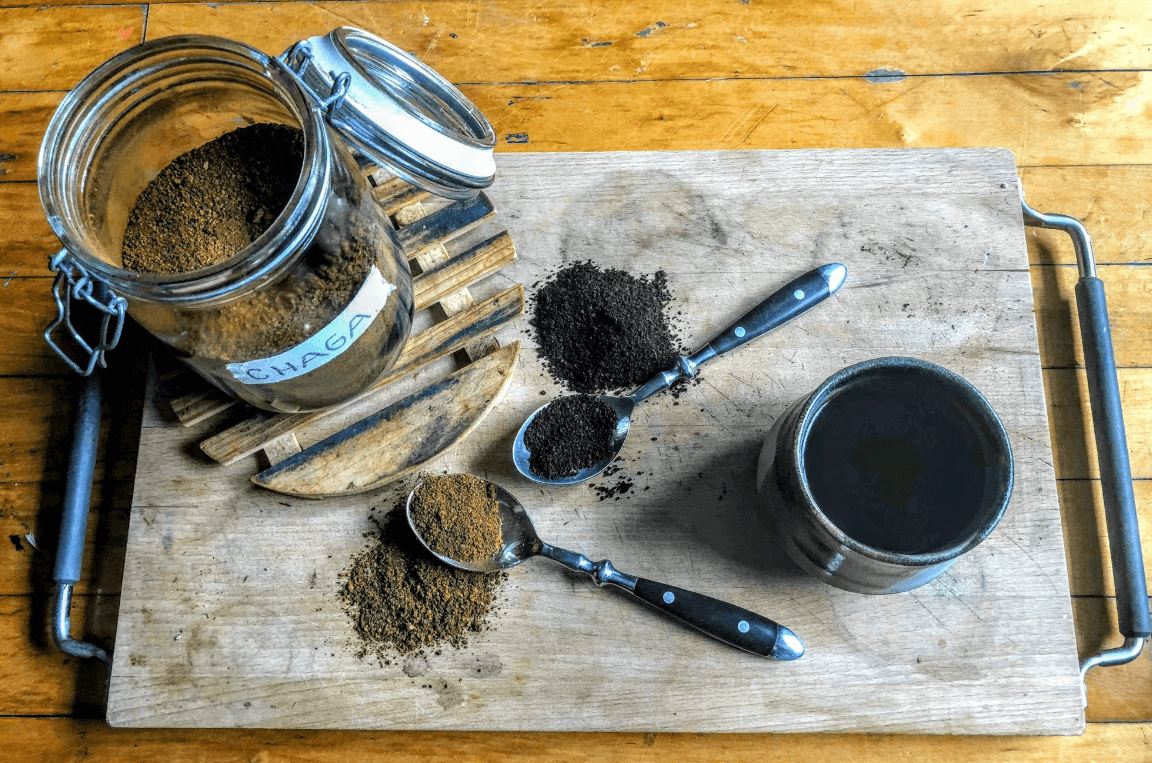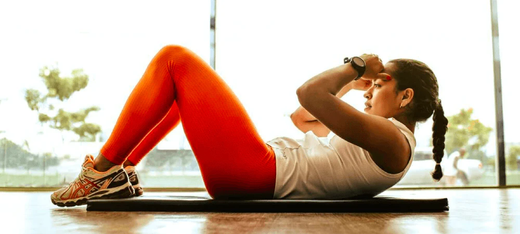How to Have More Energy?
Do you struggle with low energy levels?
Do you often get spells of tiredness or exhaustion?
Do you wish you had more energy to enable you to make better use of your time?
If you answered yes to any of the questions above, then you have probably also dealt with the frustration that comes with not being able to achieve the things you'd like to do in a day.
While feeling depleted of energy can be difficult to deal with, the good news is that there are some lifestyle habits that you can form to help you better manage your energy levels on a daily basis.
Read on for tips on how to boost your energy levels and make better use of your day.
1. Sleep As Much As You Can
The importance of sleep is greatly underrated in the world today.
People romanticize how much they work and how little time they have to sleep.
Your body needs adequate sleep.
It works all day long and it deserves to rest.
While you’re asleep, your brain uses that time to flush out the built-up toxins so that when you wake up, you’re refreshed and rejuvenated.
This can't happen if you deprive yourself of sleep.
While some people may need more sleep than others, depending on lifestyle and health condition, it’s recommended that you get about 7 hours of sleep every night.
A poor night's sleep can leave you feeling foggy, grumpy and lethargic.
And chronic sleep deprivation has been linked with diabetes, high blood pressure, obesity, stroke, heart failure, and early death.
So try not to push back bedtime when it is time to sleep. Whatever it is that is keeping you up isn't as important as your health.
Moreover, you will be better equipped to handle it after a good night's sleep.
If you have trouble going to bed at night, you can practice meditation or yoga to calm and relax your mind.
You will find it easier to sleep when your mind isn’t running around.
Also, try to limit your screen time when it is time for bed.
From your smartphone screen to your TV screen, the use of these devices around bedtime has been linked to poor quality of sleep at night.
2. Avoid Being Stressed Out
Stress is as bad for your physical health as it is for your mental health.
Constantly stressing yourself out can cause feelings of anxiety and leave you drained of energy.
If you are continually tired, you may want to cut down on some of the activities you do during the day.
Overworking yourself will have you fatigued and stressed out at the end of the day.
So do your best to lighten your workload and seek help with tasks if you can.
While it might be impossible to completely eliminate every type of stress from your life, there are certain lifestyle changes that can decrease your stress levels and give you more energy.
Taking a stroll, practicing meditation, yoga or other mindfulness activities are some of the effective things you can do to help you relax your body and reduce stress.
In severe cases of anxiety or other stress-induced emotions, you should seek the help of a psychotherapist.
3. Eat Healthy Foods
Your body runs on food.
So if you are skipping meals or stuffing your system with unhealthy foods, then you are denying your body of the very thing it needs to function.
With that said, if you often feel tired and depleted of energy, then you should re-evaluate your eating habits – what you eat, how much you eat and how often you eat.
Develop healthy and better-eating habits.
Although sugar can energize you, that energy can wear off as quickly as it came.
So avoid foods with processed sugars and refined starch.
Go for protein-rich foods, high-fiber vegetables, whole grains, nuts, and healthy oils.
Also, ensure that your meals are rich in calories and essential minerals.
You should also watch out for your meal patterns.
Never skip breakfast, it is the first meal of the day and you need it to fuel you for the day until your next meal.
Additionally, rather than have three big meals in a day, go for six smaller ones, each taken a few hours apart.
This technique ensures that your body is steadily supplied with nutrients so it never falls into the low energy slump.
Poor nutrition can also increase your chances of developing illnesses which can also affect your energy levels.
All in all, do your best to eat whole, nutritious foods as often as you can to give your body the necessary nutrients it needs for optimal performance.
4. Drink Enough Water
Did you know that the average human being can't survive up to 4 days without water?
Yes, water is that important to your body system which is why it is vital that you stay hydrated at all times.
Dehydration can lead to a reduction in energy levels as well as in brain function.
Considering the fact that our body is constantly losing water through urinating and sweating, you should ensure that you are drinking enough water to replace what is lost to avoid dehydration.
So try to stay hydrated, make a conscious effort to drink water as often as you can - when you are thirsty and even when you are not thirsty, your body will thank you.
People who live in hotter climates or are always physically active may need to drink water more frequently than people in colder climates or people who aren't as physically active as the body is less likely to lose water via sweating in the latter case.
Water is to your body what fuel is to a car.
And if your body is short of fluids, fatigue and sluggishness will be its way of letting you know.
5. Exercise More Often
No, you don't have to be overweight before you start exercising.
In addition to helping you stay fit, exercise can boost your circulation, keep your muscles active and increase your energy levels.
Now, exercising when you are drained of energy might not make sense to you as exercising typically requires energy.
However, an exercise in this context doesn't necessarily refer to high intensity work out.
Activities as simple as cycling, slow-paced jogging, and brisk walking can be considered exercise.
Exercise is particularly recommended in the morning before you get on with the rest of your day.
Working out in the morning will boost your energy, reduce stress and set an energized and positive tone for the day.
Exercise is also necessary if you live a sedentary lifestyle like a job that keeps you at your desk for hours.
Studies show that sedentary people who often feel fatigued can be energized by participating in a low-intensity workout.
In addition to boosting your energy levels, exercising regularly can reduce your chances of becoming diabetic, obese or developing heart diseases.
6. Don’t Smoke
Smoking is terrible for your health - this is a well-known fact.
Chronic smokers are at increased risk of developing respiratory problems, heart problems, stroke and various types of cancer.
However, while it has been pretty much established that smoking is a threat to good health, a lot of people may be unaware that smoking is also a threat to your energy levels.
Nicotine, an active ingredient in a cigarette is a stimulant of the central nervous system.
It can stimulate areas of the brain associated with wakefulness to cause insomnia.
The inability to get proper sleep will definitely take a toll on your energy levels.
Also, smoking reduces the efficiency of your respiratory system and for chronic smokers, with time, this can result in the inability of the body to properly transport oxygen to the heart from where it will be sent to other parts of the body.
If your body is unable to get the oxygen it requires, then you are likely to feel tired and unable to perform at your best.
That said, it is crucial that you stop smoking, for your energy levels and overall health.
But nicotine is an addictive substance so you shouldn't expect to break free from the habit immediately.
It can take months and in some cases years to completely quit smoking.
You can always consult a doctor or join a support group if you need help with quitting the habit.
7. Avoid Excessive Intake Of Alcohol
There is particularly nothing wrong with drinking alcohol when it is done with moderation.
However, the problem arises when alcohol is taken in excess.
If you are an alcoholic or you tend to drink a lot, then you are probably familiar with the effects of too much alcohol in your bloodstream.
It can make you feel lethargic, sluggish and drowsy.
Thus, if you need to feel energetic, alcohol won't give you that burst of energy.
If you must drink alcohol, then do it in moderation.
The recommended guidelines for drinking alcohol in the United States are a maximum of two drinks a day for men and just one a day for women, noting that a standard drink is considered to be 12 ounces for beer and 5 ounces for wine.
Nonetheless, always put your health into consideration before you drink alcohol.

8. Go Out And Have Fun
Do you often notice how spending time outside with friends uplifts your mood?
That said, the importance of socialization in boosting energy levels should not be underestimated.
As you grow older, you will come to appreciate how important a social support network is in helping you maintain good health.
While there is nothing wrong with spending some time alone, if you spend a lot of your time in isolation, then you are more likely to be in low spirits compared to someone who is always out and about with friends or other people.
So head outdoors, find a new hobby that lets you meet new people, join a club. Just be social, it recharges your energy.
Energy is the key to life
And there you have it – eight important tips on how to boost your energy levels.
Beyond giving you more energy, these tips can also be of great benefit to your overall health.
It may take a while to make a habit out of these practices but it is important that you keep at it and refuse to relent.
It will all be worth it when you are always energized and able to make better use of your day.





